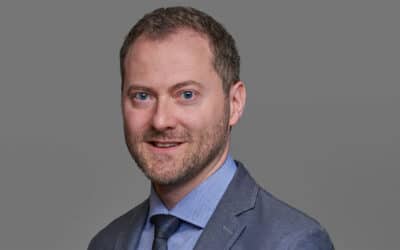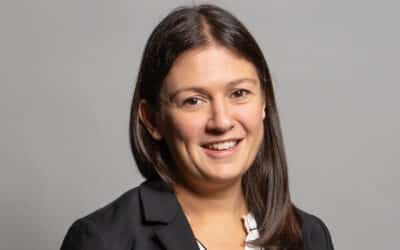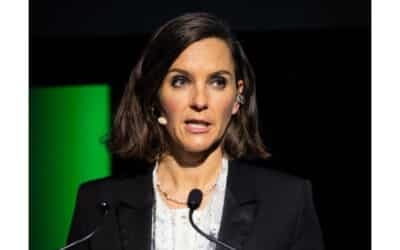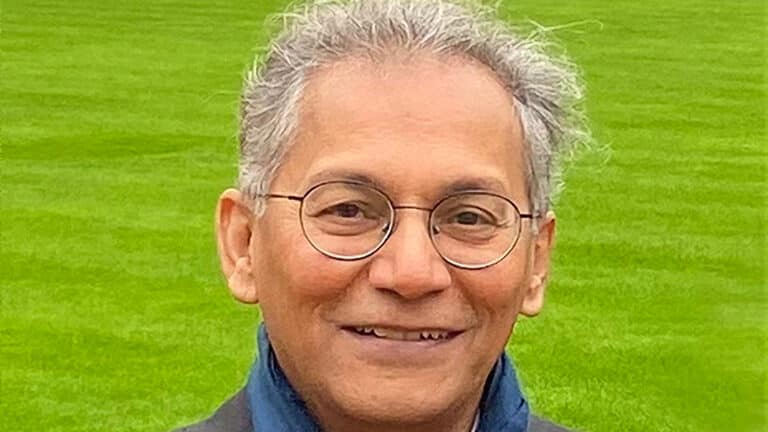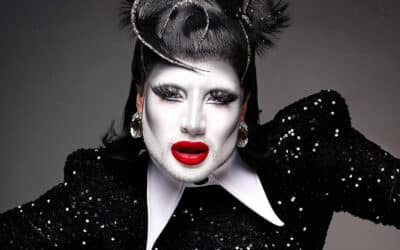BBC chair Samir Shah has said the broadcaster needs more staff who are “Northern working class,” as well as “more variety” and “diversity of thought.”
Shah, who is responsible for upholding and protecting the independence of the BBC, reflected on claims the corporation has a liberal, metropolitan bias in an interview with London daily The Times at the weekend.
“The media recruits graduates from the arts, humanities, and they tend to be metropolitan and to have a point of view you could describe as liberal centre, centre left. We kind of reflect that,” he told the paper.
The corporation has faced a recent backlash over its coverage of the the Israel-Hamas conflict, in particular the documentary Gaza: How to Survive a Warzone, which it has emerged since broadcast featured the son of a senior Hamas figure as a narrator. A protest was held outside Broadcasting House last Thursday, with demonstrators claiming the BBC had aired Hamas propaganda.
“We make mistakes in our journalism. We correct mistakes”, Shah said. “There needs to be greater accountability. People have to face the consequences of what they do.”
Of particular interest to readers in the North are Shah’s thoughts on the lack of what we might think of as “normal people” at the corporation: ‘The Northern working class [is] where we’re poor.,” he said. “That’s where the focus should be.”
Shah has been in his role since March 2024, and admitted in the interview that it’s been a challenging first year, not least due to the succession of scandals at the corporation: “[I was] surprised in my first year at having this procession of [allegations against] men,” he said.
These include former newsreader Huw Edwards and comedian, presenter and alt-right vlogger Russell Brand.
“The theme that keeps coming through is that junior staff are vulnerable to being preyed on by people with power. We have to stop it,” he said. “I will not tolerate junior staff being scared to report what’s happening or their managers looking the other way.”
He added: “We need to have some way of preserving whistleblowers’ anonymity, so we can throw people out and do it quickly. I’m absolutely determined. This is a cancer we need to cut out.”

